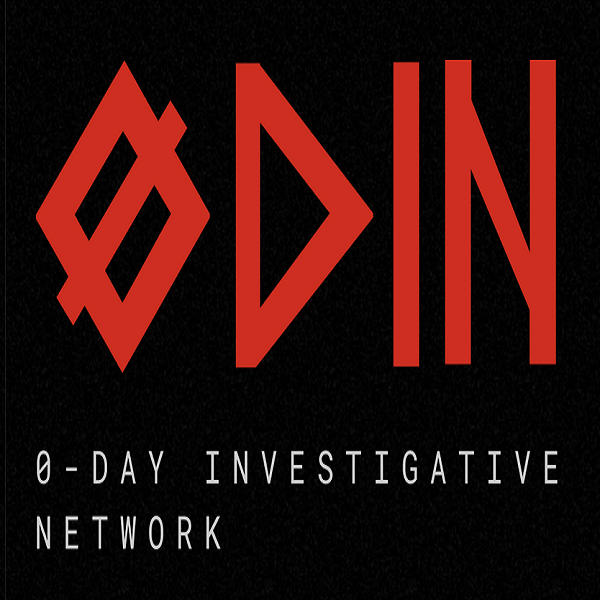If you are an AI enthusiast, excited about Generative AI and a fan of bug bounty, then this news is for you. Mozilla Corporation has officially launched a groundbreaking bug bounty program which focuses on Large Language Models (LLMs) and other deep learning technologies.
As generative AI and deep learning continue to impact our digital interactions and transform our security operations, it has become crucial for bug bounty programs to evolve to address the potential flaws in these models.
This new program, called 0Day Investigative Network (0Din). Mozilla is calling on researchers to find and report not just AI vulnerabilities but also new classes of vulnerabilities associated with Gen AI. Edwin Kovacs stated that 0Din will allow researchers to report issues such as prompt injection, denial of service, training data poisoning and security concerns listed in the OWASP top 10 for LLM Applications.
The aim of this program is to provide independent researchers with an opportunity to contribute to the development of new security frameworks and best practices tailored specifically for large language models, attention-based systems, and generative models.
As Isu Abdulrauf explained in his article, bug bounty programs are indispensable tools for ensuring the security of emerging technologies as they not only serve as a program to engage talented individuals but as an avenue to uncover vulnerabilities. AI bug bounty programs have increased significantly as organizations strive to stay ahead of these threats.
The ultimate goal is to protect users and inspire future AI developers and engineers to prioritize security and privacy when working with AI-powered models. By inviting researchers to participate in this bug bounty program, it shows that Mozilla is taking a proactive approach to ensuring the responsible development and deployment of generative AI technologies. I think that if more companies were to organize more bug bounty programs, they’ll be more incentives for researchers to jump on the quest.





